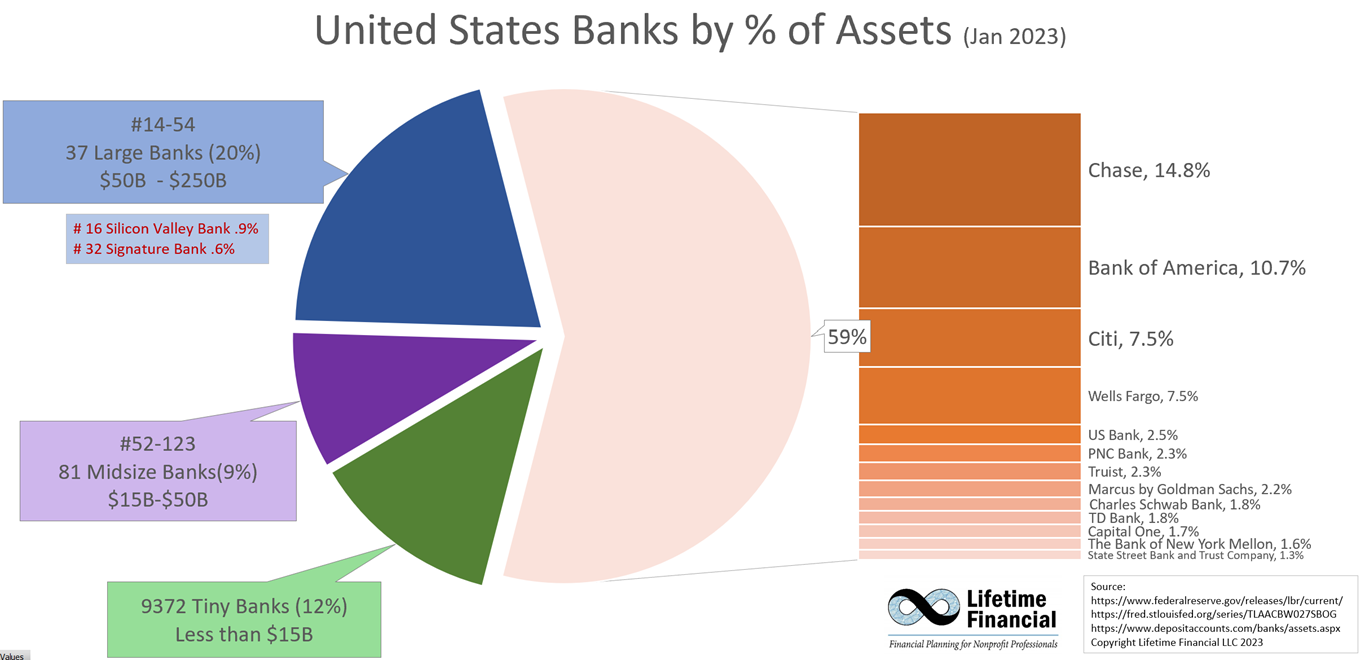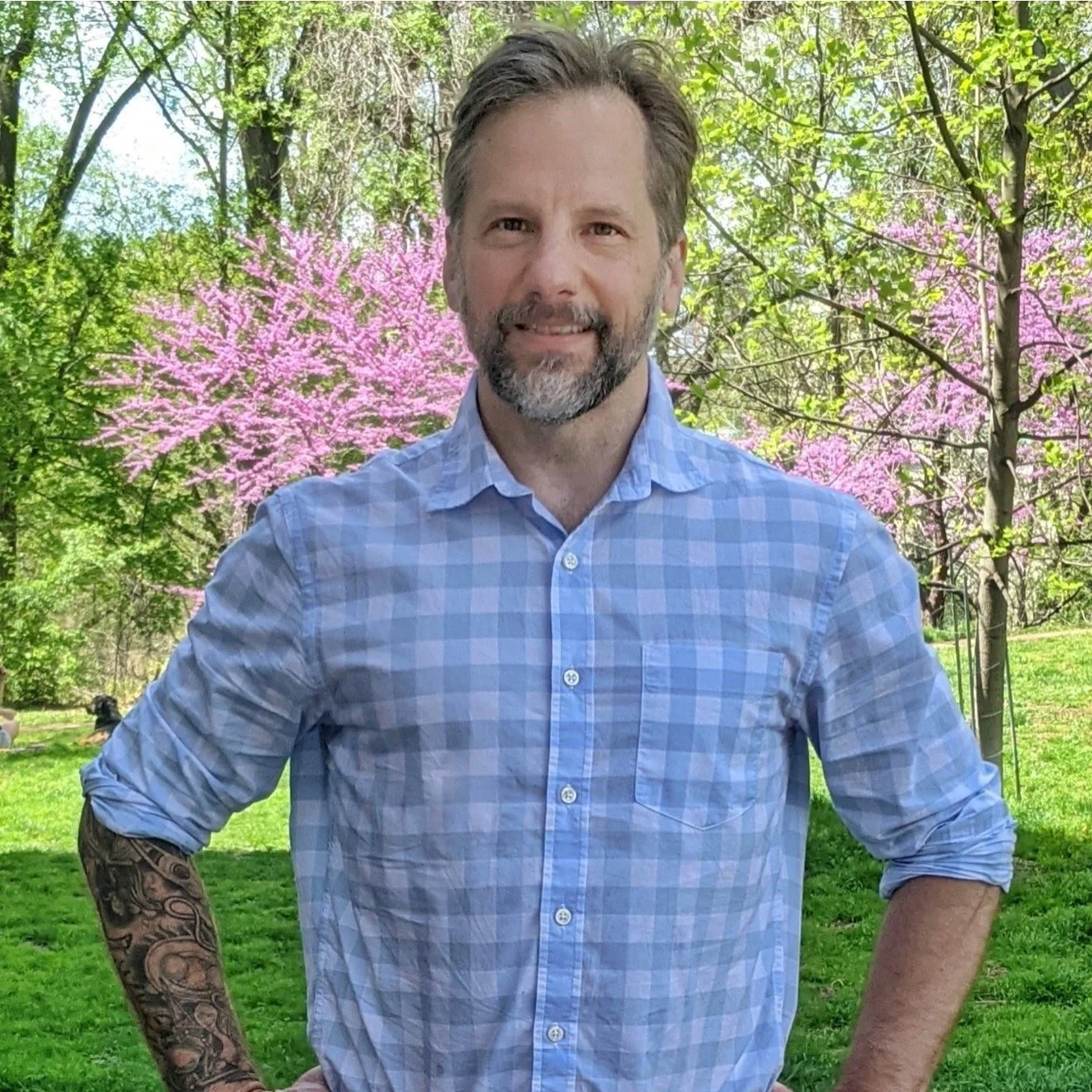Let’s talk about death, baby
Lifetime Financial has been growing, which leaves me little time to write. I did get to South Africa and Lesotho for 2+ weeks so don’t pity me (a few pictures here). It has, nonetheless, been a whirlwind. We’ve added an employee, which I’ll talk about below.
To what do I owe this success? I’d like to think it’s my charm and intelligence. But I think it’s part of a bigger post-pandemic change in our perspective about life, money, and…death.
When I started the firm, the “Lifetime” in Lifetime Financial was a reminder that we have only one lifetime and we don’t know how long it will be. At my young wife’s cancer diagnosis in 2004, I became painfully aware that life can be much shorter than expected. That was the first time I truly understood that money isn’t our scarcest resource, time is.
I’ve had ongoing concerns that my life-can-be-short approach to financial planning would be too challenging for clients. Conventionally, talking about death is not the way to sell financial advice. It’s a lot more reassuring when your Financial Planner says, “We plan for you to lead a healthy life and live to 100,” and much less so when I also ask, “If you died tomorrow, would you feel unfulfilled? Who or what did you not get to be? or do?”
Covid brought a widespread awareness of early death, even to those of us like me that went through it in privileged circumstances. No one was completely safe. In one way or another, most pondered their own mortality. Given that life is sometimes shorter than we expect, how should we be spending our time (and money)?
As if to partly answer that question, during the pandemic we spent more time with our loved ones, away from the fluorescent lights, the commute, and the office hamster wheel. We came to appreciate our homes as nests and grew aware of alternative living options offered by remote work. This revealed work-life horizons that weren’t on the old financial planning map. Here be dragons!
The “Great Resignation” might have been exaggerated, but I think Covid demolished what was left of an already anachronistic concept of retirement. No one works to 65 and quits forever. People want to change careers, work less, live somewhere else, spend more time with family, and emphasize the near future just as much as the far future.
Interestingly, this takes more sophisticated planning than the classic “save aggressively, work as long as you can, spend frugally” approach. And it takes a conversation about death, which I still find very difficult. I even found myself using the classic Financial Planner jargon “end of plan” as a nice way of saying death. My life partner, Alishia, would chuckle and tell me I’m not helping anyone experience life fully by hiding death behind euphemisms like that.
Alishia is an early member of The Death Positive Movement, also known as the Death Acceptance Movement – a social and cultural initiative that seeks to change the way people approach and perceive death, dying, and mourning. The movement encourages open and honest discussions about these topics, emphasizing their inevitability and natural place in the cycle of life. It promotes a healthier, more positive relationship with death by destigmatizing conversations, addressing fears, and fostering education around end-of-life planning and care.
To help us with operations and embrace death positivity, Alishia joined the firm. She brings 20 years of experience that includes knowledge of Medicare and Medicaid, navigating our healthcare system when faced with serious illness, patient advocacy, caregiving issues, long-term care, and end-of-life planning and support.
Her main priority is to start all retirement planning with a discussion about death, in a positive way. I am learning.






